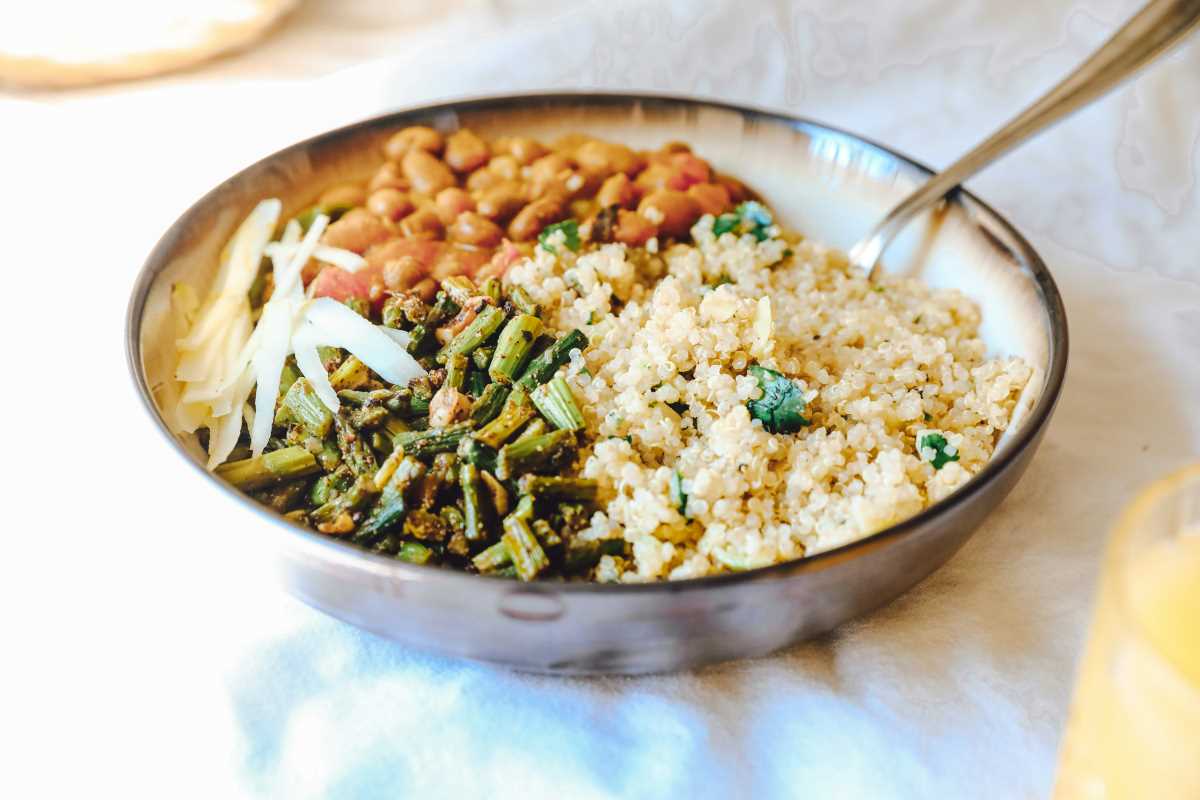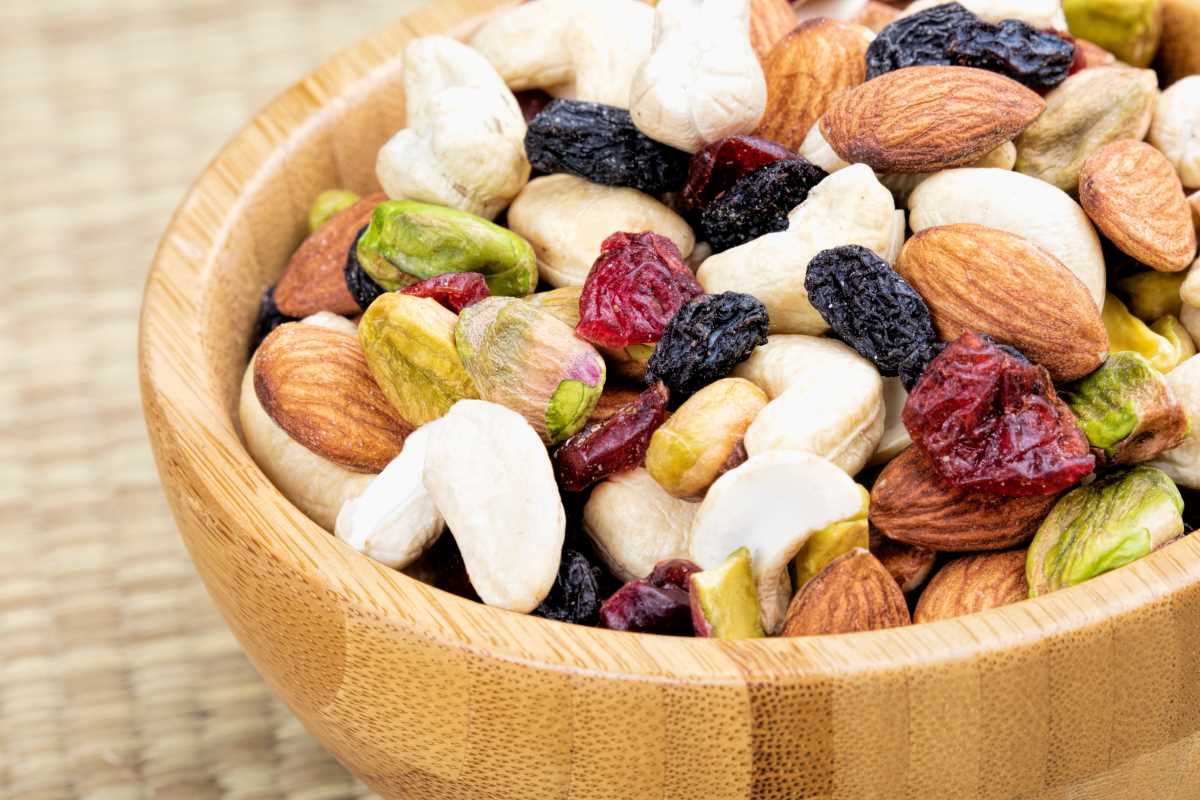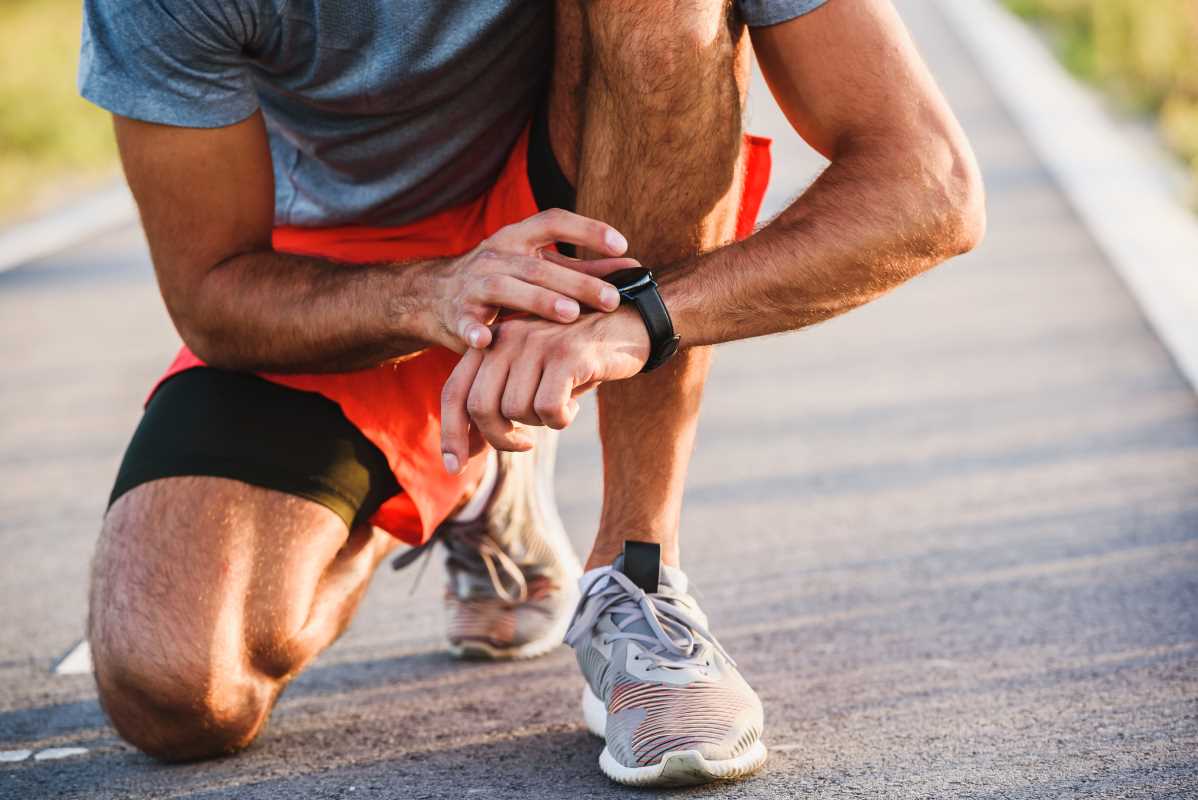Feeling down? You're not alone. Depression affects millions of guys, and if you're dealing with it, you might be surprised to learn that what you eat and how you move can make a real difference in how you feel.
Let's talk about two powerful tools that can help fight depression: good food and regular exercise. No, we're not talking about miracle cures here. But science shows that making smart choices about diet and fitness can be game-changers for your mental health.
Your Brain Runs on Food (Just Like Your Car)
Think of your brain like a high-performance engine. Feed it cheap gas, and it's going to sputter. Give it premium fuel, and it purrs like a dream.
When you're depressed, your brain chemistry gets out of whack. The good news? The right foods can help restore balance. Here's what your brain needs:
Omega-3 fatty acids – Found in fish like salmon, sardines, and tuna. These healthy fats help build brain cells and reduce inflammation. If you're not a fish guy, walnuts and flaxseeds work too.
Complex carbs – Think whole grains, sweet potatoes, and brown rice instead of white bread and sugary snacks. These keep your blood sugar steady, which keeps your mood stable.
Protein – Eggs, lean meats, beans, and nuts help your brain make important chemicals like serotonin and dopamine. These are your natural "feel-good" chemicals.
B vitamins – Dark leafy greens, avocados, and whole grains support healthy brain function and energy levels.
Foods That Make Depression Worse
Just like there are foods that help, there are others that can drag you down:
- Sugar bombs – Candy, soda, and processed sweets cause energy crashes that make depression worse
- Processed junk – Fast food and packaged meals are loaded with stuff your brain doesn't need
- Too much alcohol – A beer or two might feel good in the moment, but alcohol is a depressant that messes with sleep and mood
Exercise: Your Natural Antidepressant
Here's something pretty amazing: exercise can be as effective as antidepressants for some people. When you work out, your body releases endorphins – those natural "runner's high" chemicals that make you feel good.
But you don't need to become a marathon runner. Even moderate exercise helps by:
- Boosting mood-lifting chemicals in your brain
- Reducing stress hormones like cortisol
- Improving sleep quality
- Giving you a sense of accomplishment
- Getting you out of your head and into your body
Start Small, Build Big
The key to success is starting where you are, not where you think you should be. If you're dealing with depression, motivation can be tough to find. That's normal.
For Diet:
- Add one healthy meal to your day
- Keep easy snacks like nuts or fruit handy
- Try meal prepping on Sundays – make it simple
- Drink more water (dehydration makes everything worse)
For Exercise:
- Start with 10-15 minutes of walking
- Do bodyweight exercises during TV commercials
- Take the stairs instead of the elevator
- Find something you actually enjoy – dancing, basketball, yard work
The Consistency Game
Here's the thing about diet and exercise for depression: it's not about being perfect. It's about being consistent. You'll have off days, and that's okay. What matters is getting back on track.
Think of it like this – you wouldn't expect one good meal to fix years of poor eating, right? Same goes for depression. Small, consistent changes add up to big results over time.
When to Get Help
Diet and exercise are powerful tools, but they're not magic bullets. If your depression is severe or you're having thoughts of hurting yourself, please talk to a doctor or counselor. These lifestyle changes work great alongside professional treatment, not instead of it.
Your Next Move
Pick one thing from this article and try it for a week. Maybe it's eating salmon twice this week, or taking a 15-minute walk after dinner. Start small, be patient with yourself, and remember – taking care of your body is taking care of your mind.
Depression might have you feeling stuck, but you've got more control than you think. Good food and regular movement won't solve everything overnight, but they're solid steps toward feeling better. And feeling better? That's worth the effort.
 (Image via
(Image via.jpg)





